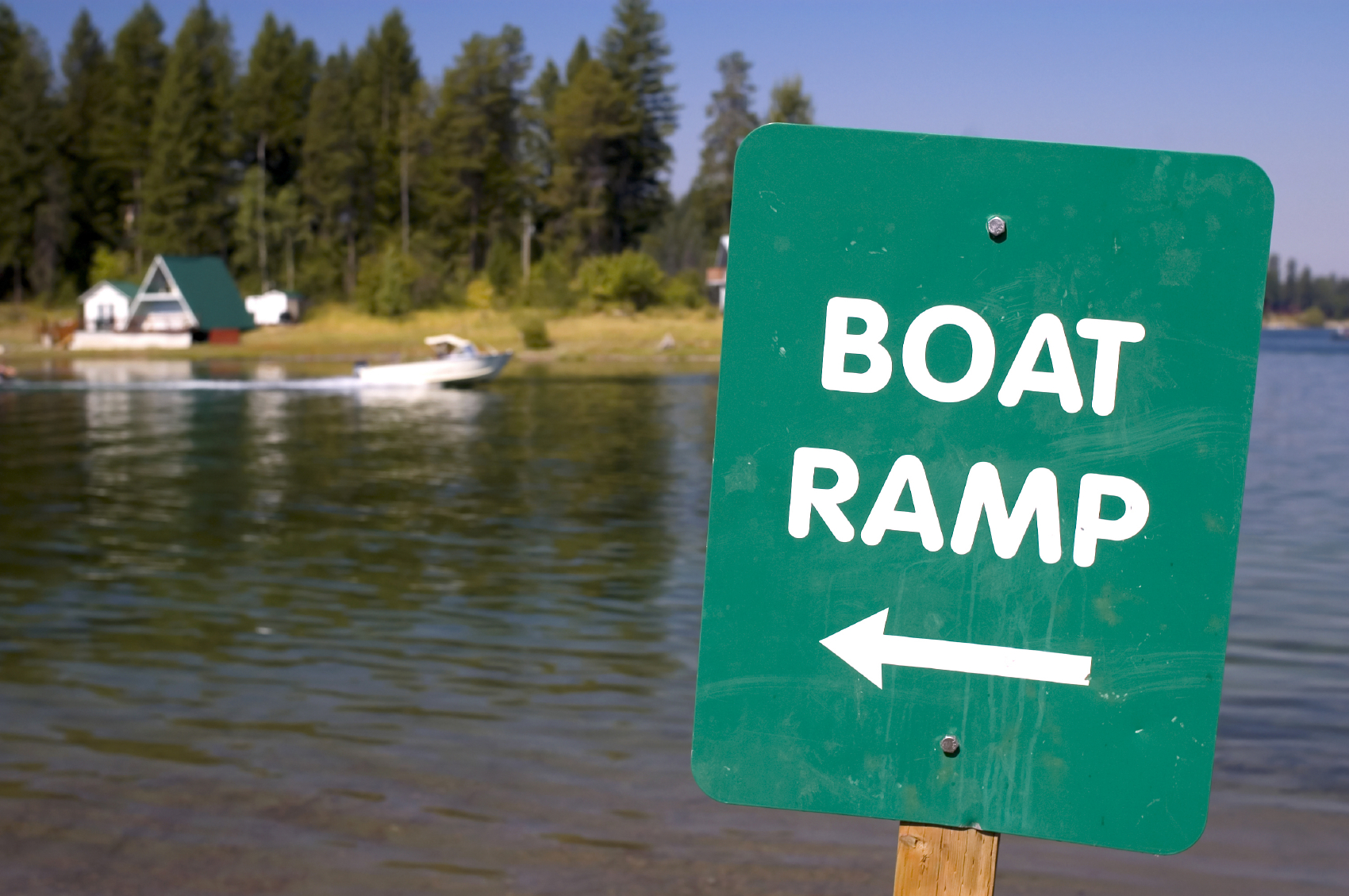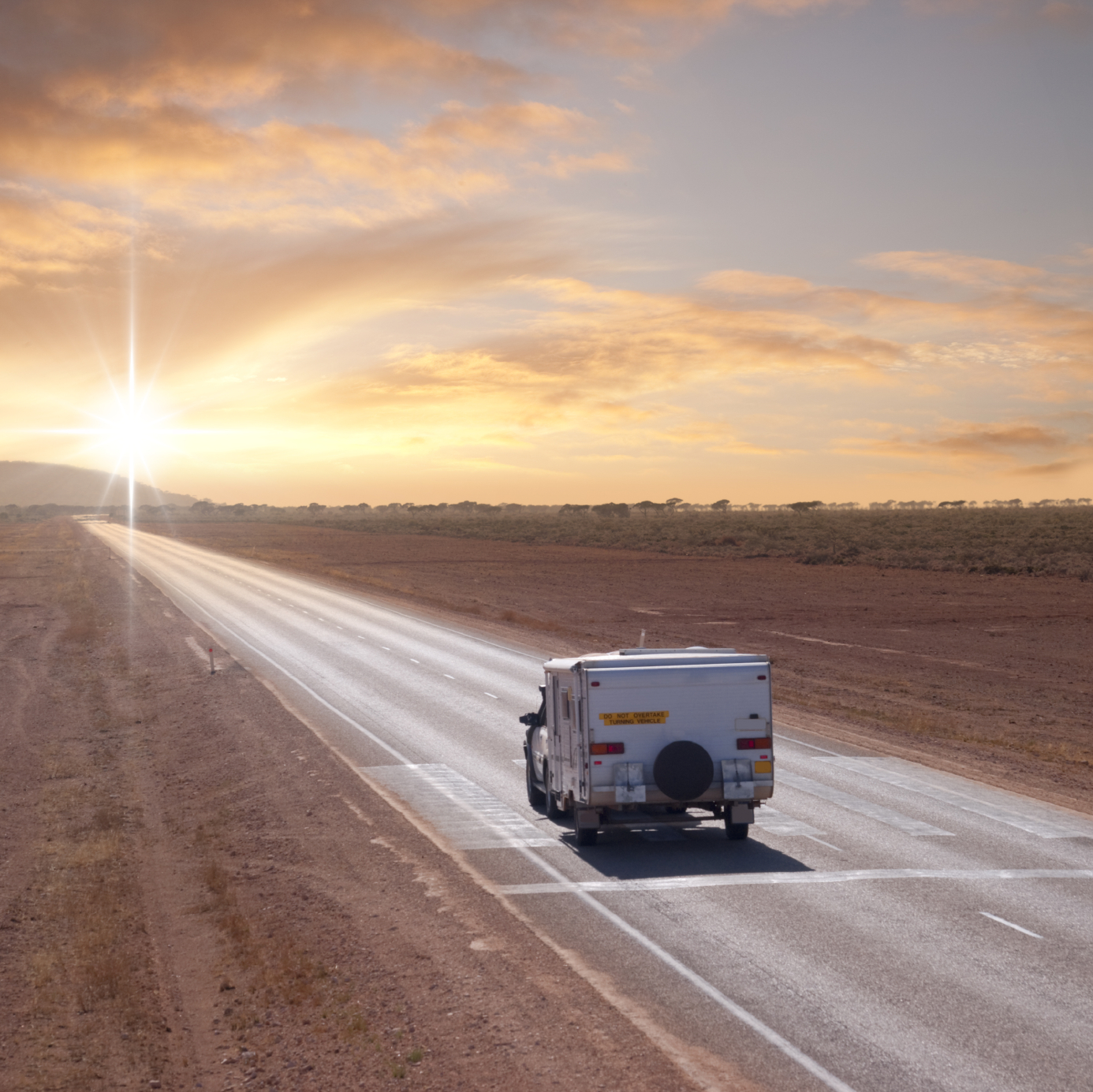In times gone by, doing DIY maintenance on a caravan or vehicle was a pretty simple prospect, however, times have changed and technological advancements – not to mention rules and regulations – have made that harder than ever.
But, fear not, you can still get in there, get your hands dirty and save yourself a few bucks with some DIY jobs – as long as you know what you’re doing, and you comply with the relevant laws.
Motorhome and caravan expert Malcolm Street runs through the answers to some common questions on what you can – and can’t – do yourself:
1. I WANT TO INSTALL A GAS BARBECUE OR OTHER GAS APPLIANCE TO MY VAN; CAN I DO THAT MYSELF?
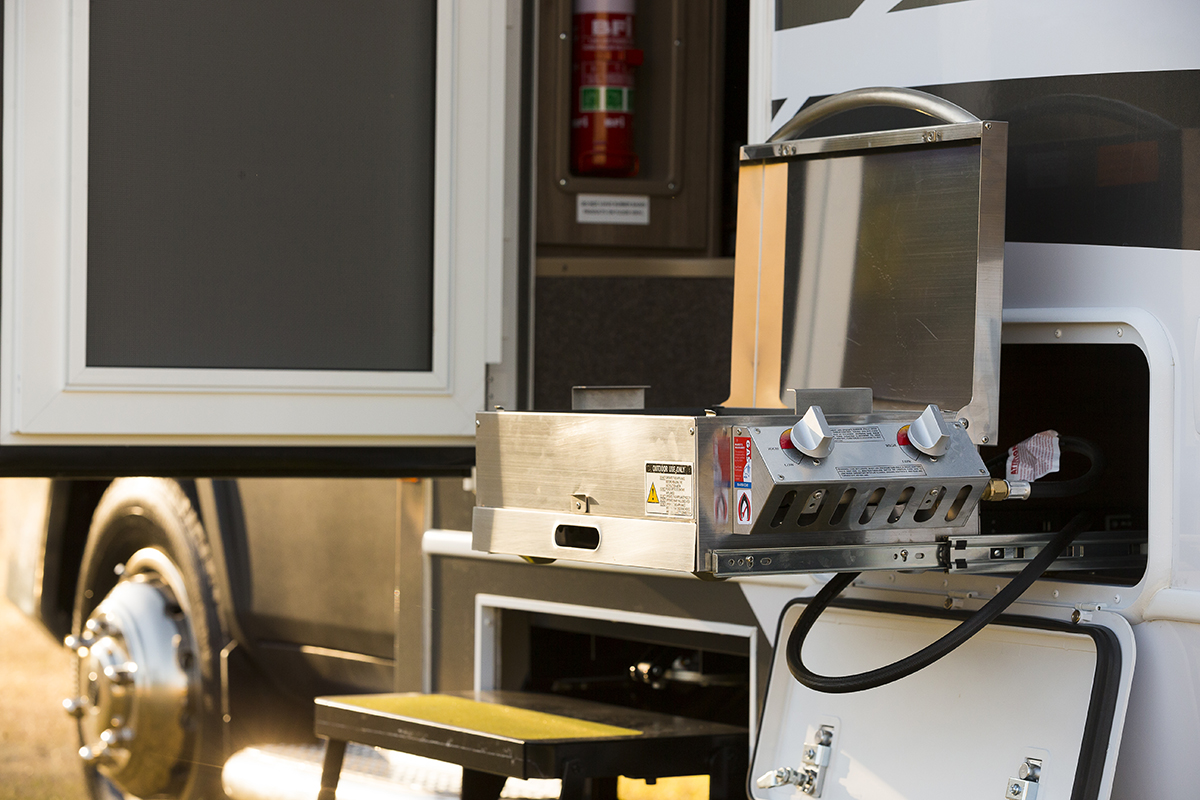
Short answer: No. The entire gas system has to comply with Australian/New Zealand Standard 5601. That means any work done on the gas system needs to be performed or signed off by a licensed professional. You may be able to perform parts of the work yourself, but it’ll have to be signed off by a gas plumber.
2. I’VE BOUGHT A VINTAGE VAN THAT I WANT TO DO UP; WILL I BE ABLE TO DO THAT MYSELF?
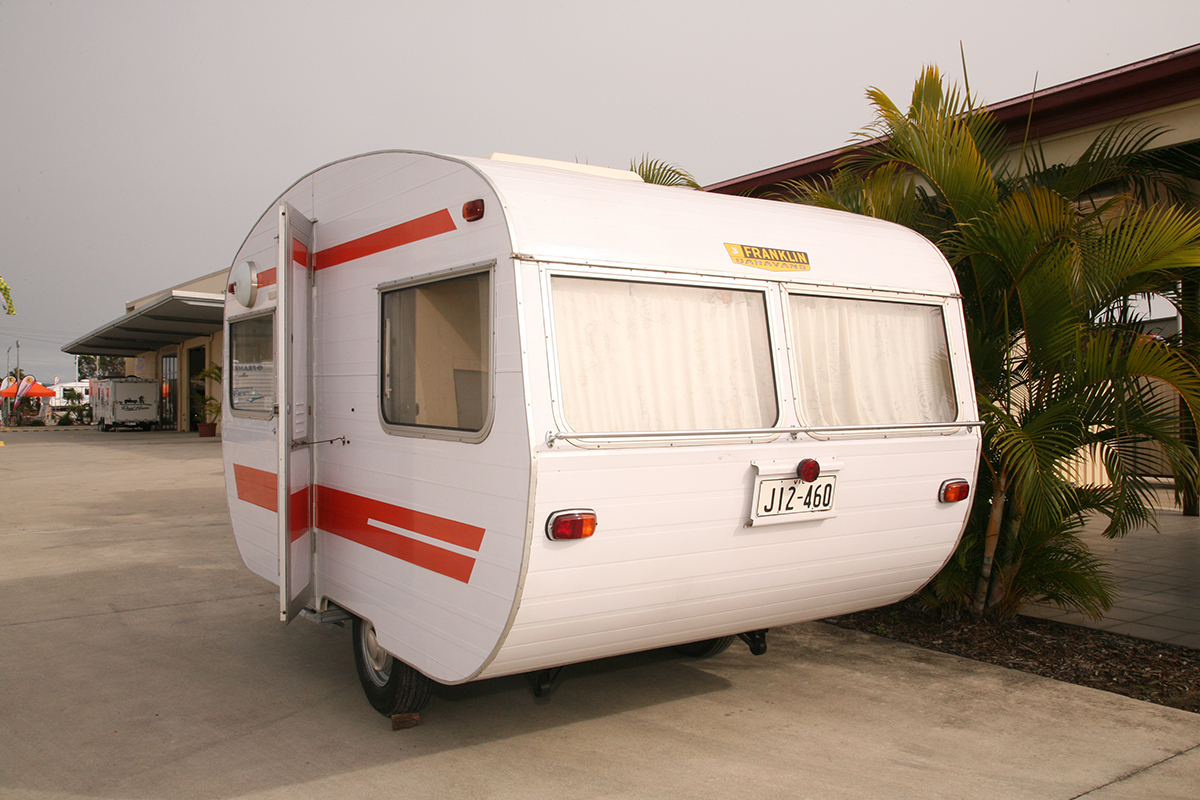
Theoretically, yes. If you build up a caravan without any gas appliances or 240V power supply, for instance, by installing diesel or methylated spirits-fired cookers, water and space heaters, then all you have to comply with to get your caravan/camper trailer registered are the relevant essentials in VSB 1.
3. I DON’T LIKE THE LOCATION OF THE POWERPOINTS IN MY VAN’S BATHROOM; CAN I JUST MOVE THEM?
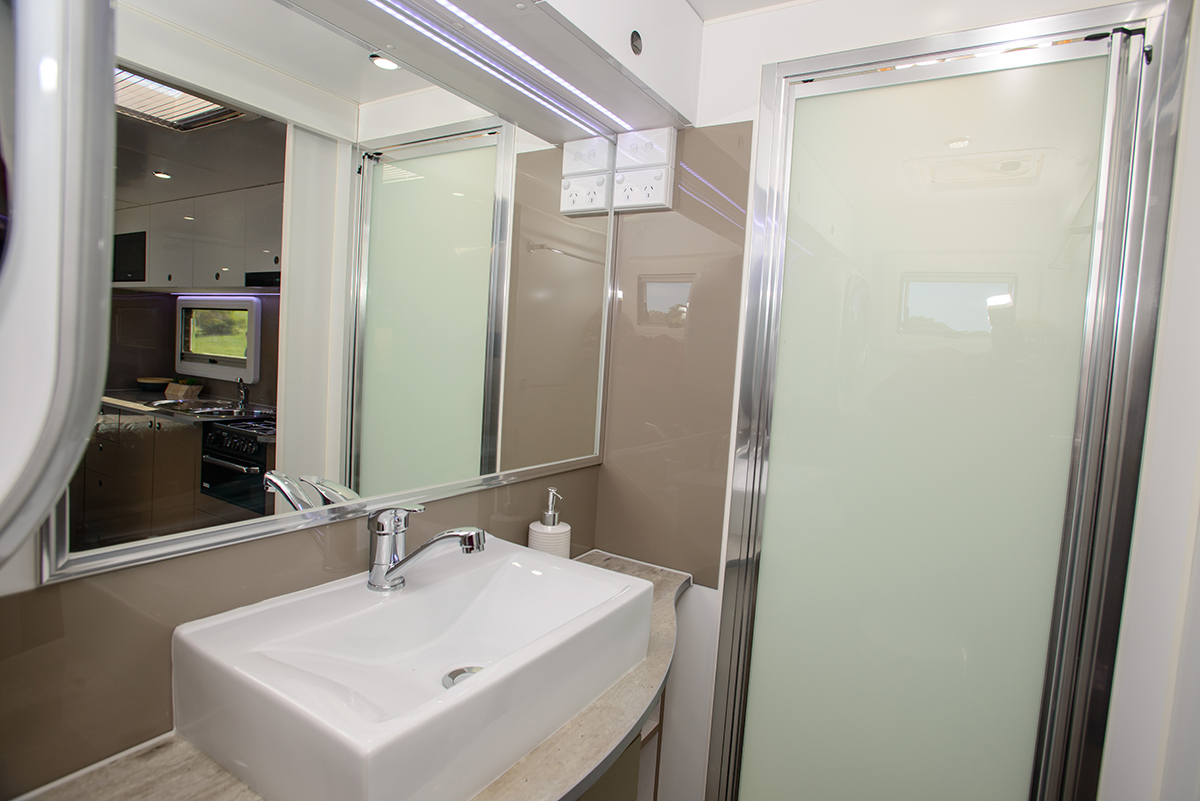
It can be tempting to do a little bit of work on the electrics yourself – things you might deem simple jobs – but things can and do go wrong. And you are required by law to have any work on the 240V mains power system installed and maintained by a licensed electrician to the requirements of AS/NZS 3000 and 3001 – both electrical standards.
There are some special requirements for RVs, including double pole powerpoints, earthing and tagging/testing on power leads. Unless the 240V cables are double insulated (with thermoplastic sheathing), then they should be physically separate from 12V systems.
4. CAN I DRILL HOLES INTO THE WALL OF MY CARAVAN TO MOUNT A NEW SHELF OR CABINET?
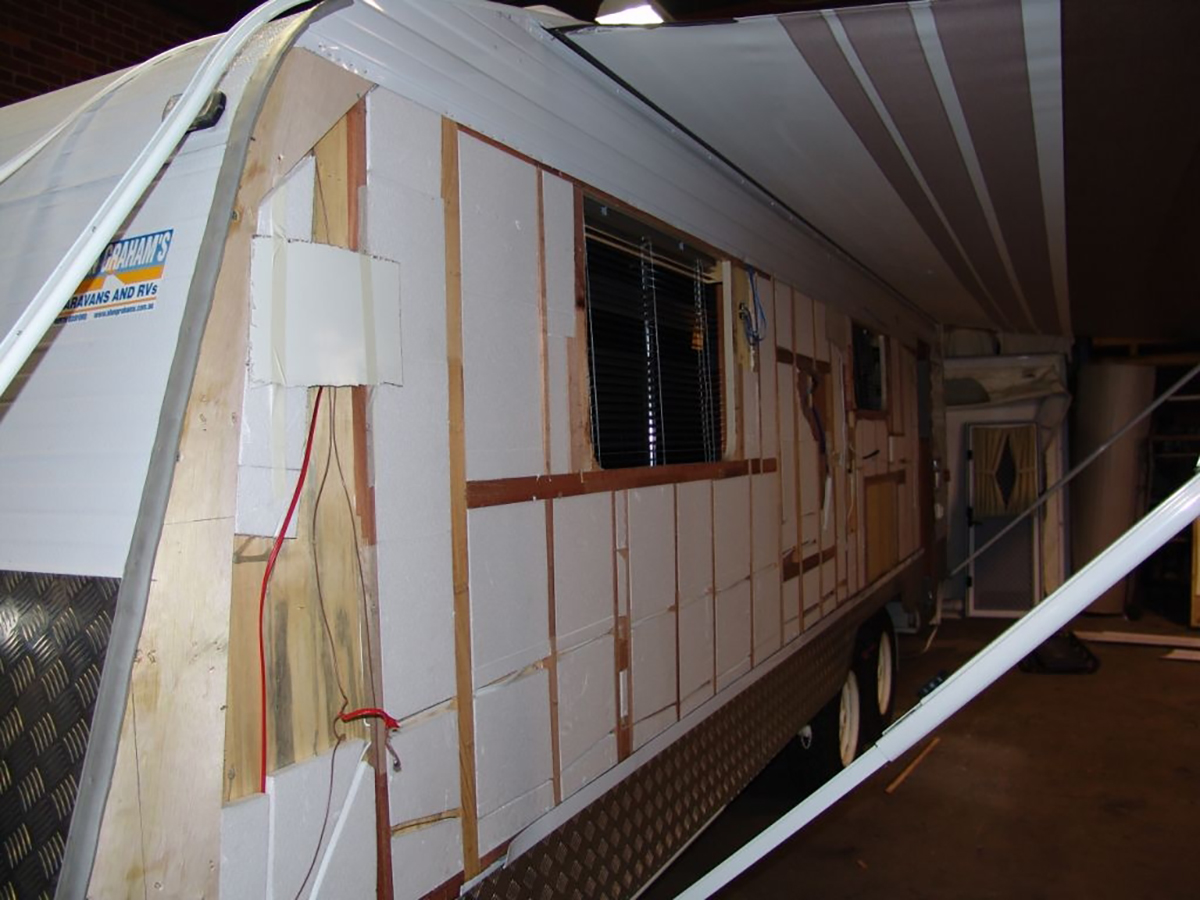
There is nothing illegal about drilling holes in caravan walls and cabinetry to mount shelves or fittings, but you have to be aware of what might be behind or in the wall. Caravan manufacturers often run mains 240V cables through the walls and across the roof. So a mistake here could be very expensive and you may end up having to remove the wall cladding!
You also need to consider the strength of the external walls of your van. Quite a few modern caravans don’t have frames and, while they may be strong enough in their original guise, adding something like a weighty shelf or awning that the manufacturer didn’t account for might be a bridge too far.
5. ARE THE REGULATIONS DIFFERENT FOR MOTORHOMES?
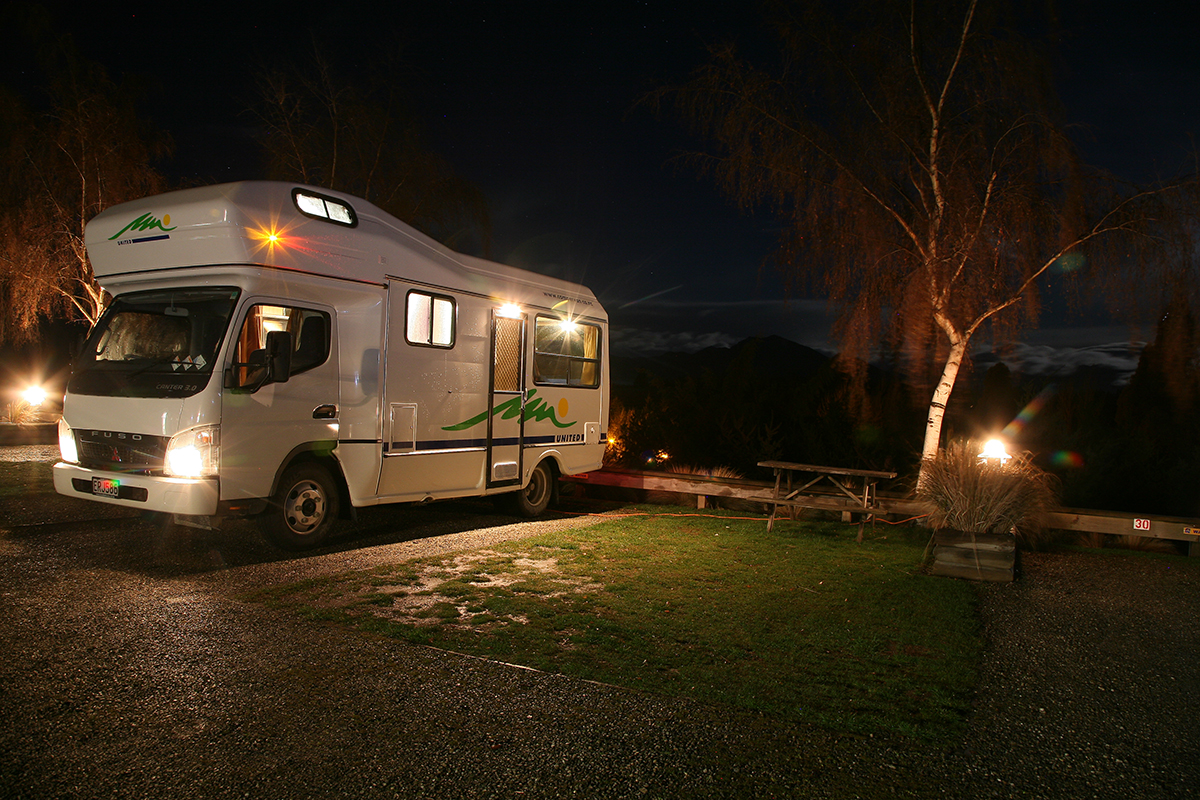
Yes, motorhomes are a little different and there are a few more regulations to comply with, including the need for Second Stage Compliance on the original cab chassis.
6. CAN I WIRE A CAR FRIDGE INTO MY VEHICLE, OR INSTALL AN ANDERSON PLUG?
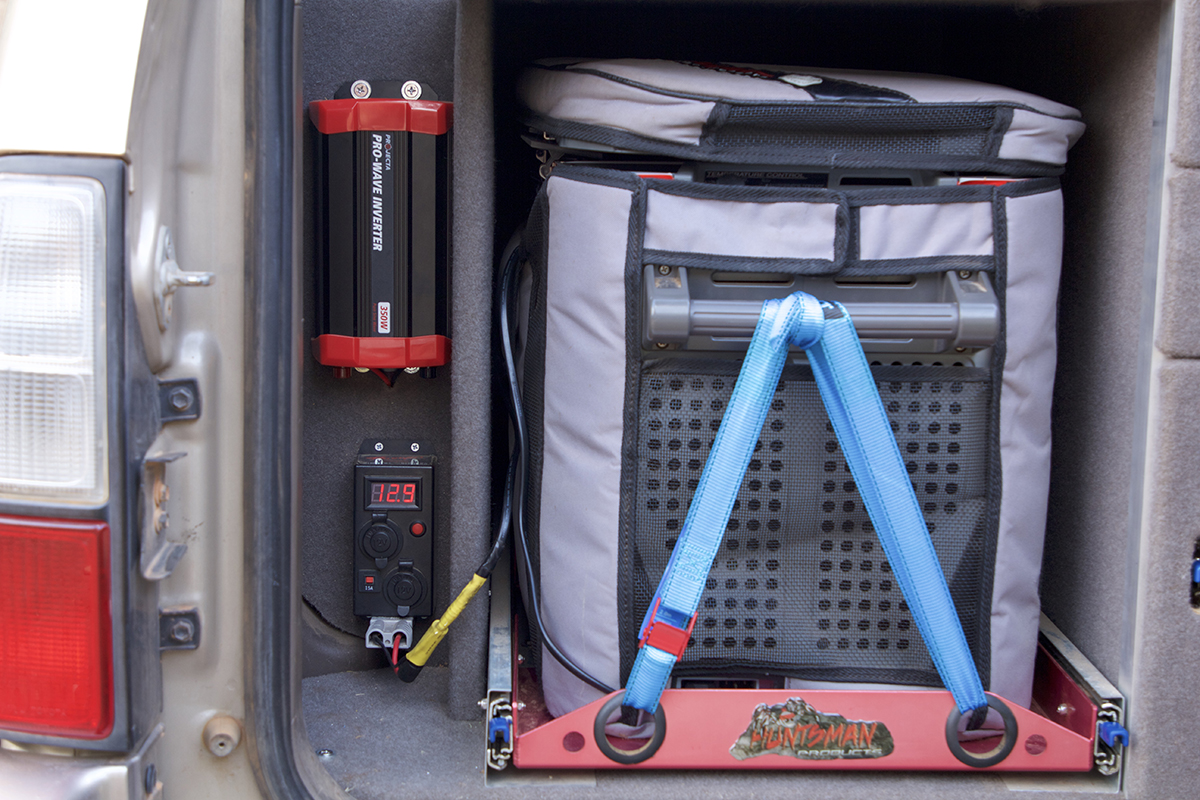
If you know what you’re doing; yes. While 12V systems in caravans are becoming increasingly complex, strangely enough, there are no applicable standards to adhere to, so anyone who knows what they are doing can work on them. That’s the caveat here, though – it’s very important that you know what you’re doing. And it’s important to have an understanding of some of the issues, such as cable sizing, voltage drop, battery charging and connections.
7. WHAT OTHER 12V DIY JOBS CAN I DO MYSELF?
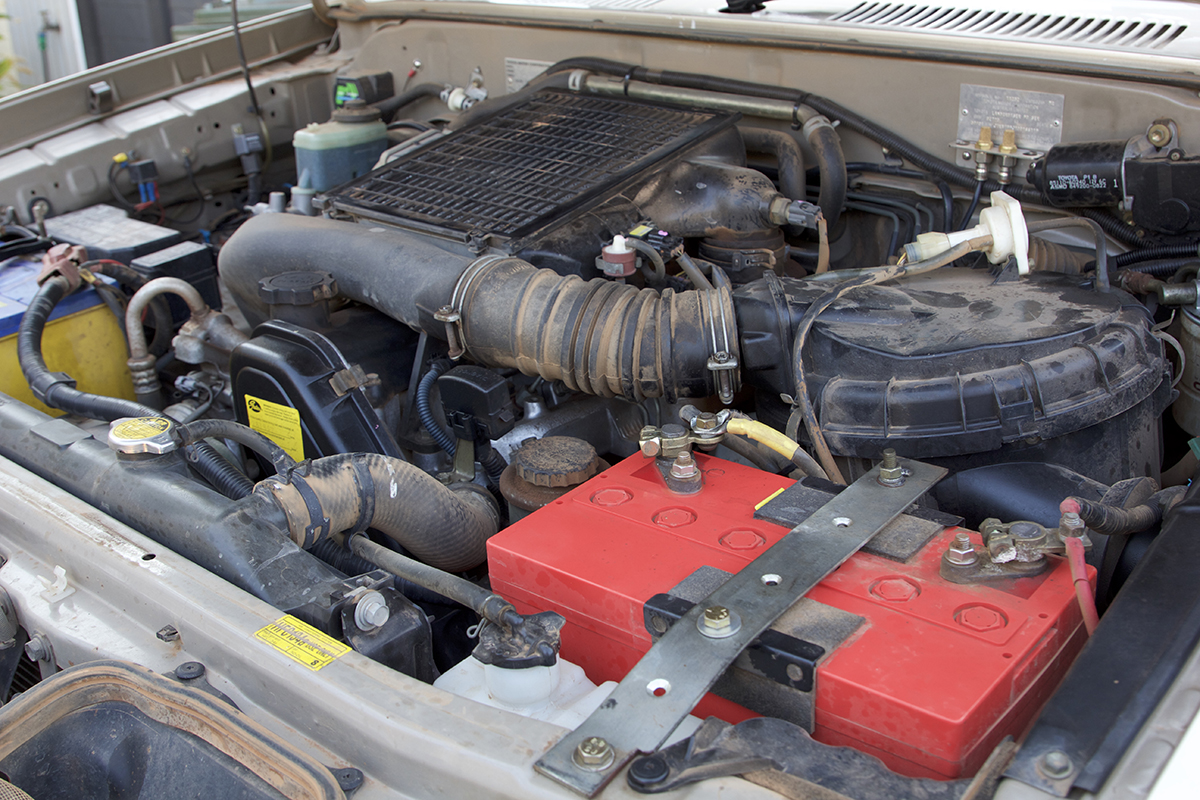
Generally, there is little that needs doing with modern RVs, unless it’s repair work or adding lights or 12V/5V charger outlets. However, with older rigs there’s often much that can be done – simple jobs such as upgrading lights to more energy -efficient fittings, or more complex jobs like adding an entire battery and charger or solar panel system.
8. WHAT SORT OF TOOLS WOULD I NEED FOR 12V WORK?
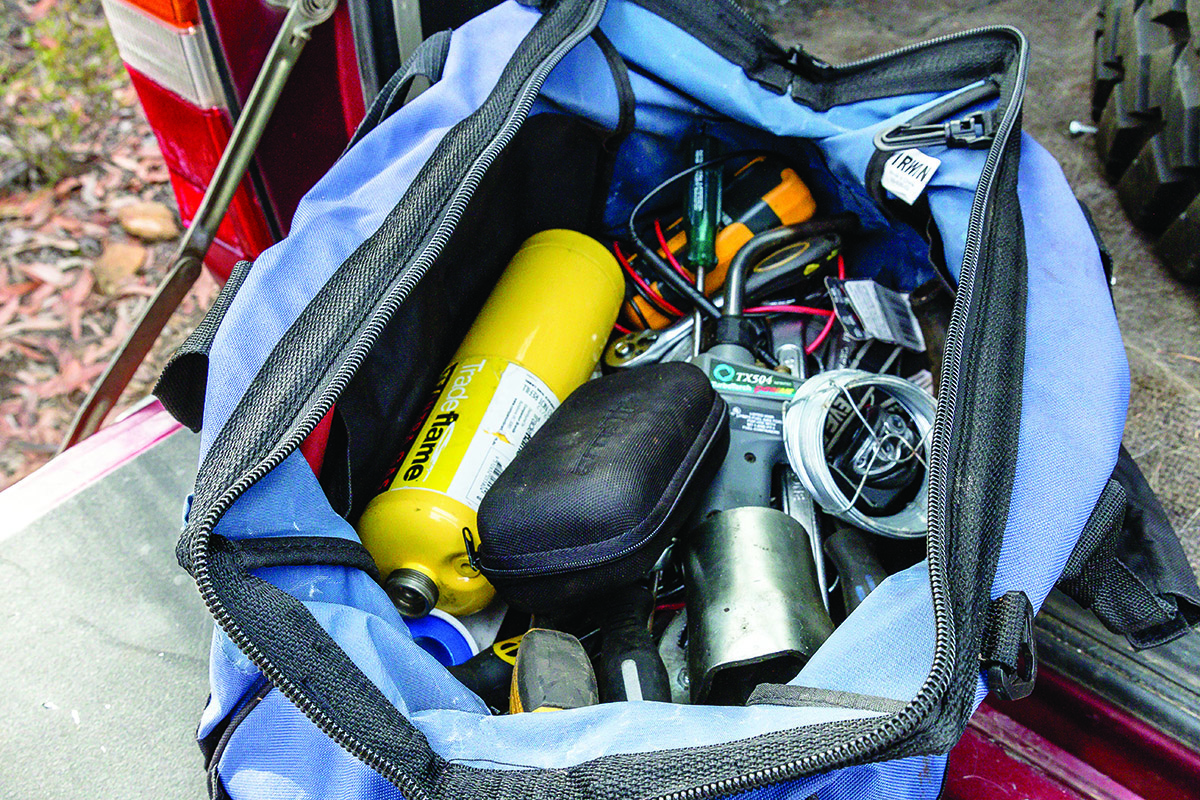
You only need a basic tool kit – decent insulated electrical pliers, insulated screwdrivers, wire cutters and other handyman essentials such as a battery drill and drill bits. A 12V test lamp is good for a quick test for 12V supply but a multimeter is considerably better. Other handy items such as different coloured rolls of insulating tape and plastic cable ties are essential and a connector crimping tool is very handy for any serious work.
MEET THE AUTHOR
Malcolm Street
Malcolm Street began caravanning in the early 1970s, first in a Viscount and later in a York, the former towed by a Holden Kingswood. Malcolm has RV’d extensively across Australia, New Zealand and Britain. He became an RV journalist in 1999. Each year, he reviews around 40 caravans and motorhomes in Oz and NZ. Yes, he’s a well-travelled bloke with no shortage of campfire opinions about how a given caravan could be better put together.



